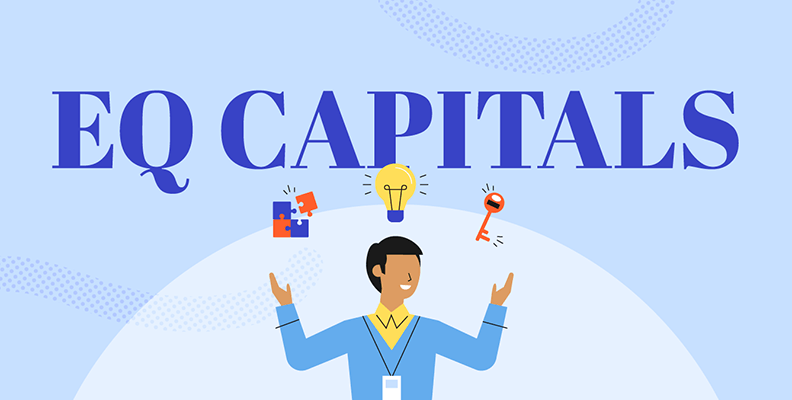In today’s dynamic work environment, professionals need to continuously learn and upgrade their skills to succeed. Forbes’ Lisa Quast recommends thinking of yourself as a ‘competitive product’ that has different features that need to be improved every year. No matter what industry you’re in or the position you currently hold, improving your professional skills plays an important role in helping you reach your career goals.
When you’re on your journey towards professional and personal growth, it’s important to not limit yourself to just the technical skills needed in your career and preferred by your employers. It’s important to explore your soft skills as well, such as resourcefulness, analytical thinking, and good communication.
And when it comes to building both hard and soft skills, there is no better time than now to begin. To get you started on your road to improvement, here are five sure-fire ways you can upgrade your professional skills.
Start at work
The most conducive place to start upgrading your professional skills is at your own workplace. Many companies are investing in their employees’ professional growth by providing training or development opportunities to help employees learn new skills. But if there aren’t currently offered at work, do not be afraid to ask your superiors for possible ways to learn. This could mean asking for an opportunity to work with a different department from time to time to learn more about operations, or even asking them for recommendations on what books and audio programs you should read and listen to.
Get a mentor
Another way to improve your professional skills is by learning from a mentor. Trump International Hotel & Tower General Manager Prince Sanders emphasizes how important mentorship is to your career, as mentors are a great source of relevant information and wisdom you can’t get anywhere else. They also help you recognize areas where you need to improve and can offer encouragement and advice when you’re feeling overwhelmed. A mentor can be anyone that has the expertise and experience you desire to build for yourself. A good way to engage with a possible mentor is asking if they have the time to talk in person or via email. Then, explain that you want to learn from them and ensure that it’s a mutually beneficial relationship. Be open about the skills you want to learn and allow your mentor to guide you through your career progression.
Attend Conferences
Conferences are valuable ways to gain more knowledge on the latest developments and areas of growth in your industry. Not only do they help you keep up to date, but they also help you learn about more effective ways to accomplish tasks at your job. Choose conferences hosted by companies or professional groups in the same field as you to get direct access and insight to experts in your profession. And while a quick Google search will help you find all the upcoming conferences in your area, attending a conference doesn’t always have to be in person. Now that we live in an increasingly digital world, there are loads of useful conferences you can find online. For example, you can check out TedX conferences, which take place all around the world.
Pursue higher education
While pursuing higher education requires much more time and effort than a conference, it is a great way to develop deeper expertise, expand your network, and find new opportunities for growth. This is important for building a better career and ensuring your professional development, as higher education is a big step towards getting a competitive edge and enhancing your skills. Not to mention, this is much easier to do today with technology — and it’s only going to get bigger from here on. Case in point, as one of the fastest-growing universities in the U.S., Maryville University launched 12 new programs to their roster of bachelor’s and master’s degrees in 2019 alone, covering areas like data science and mathematics, as well as strategic communication and leadership. No matter your area of expertise, these degree programs provide flexibility and personalized support, which makes them especially suited to working adults looking to develop their skills. Pursuing higher education can prepare you for the rapidly changing workplace, and can help you progress in your chosen field at your own pace.
Volunteer with a non-profit
Always be on the lookout for a chance to volunteer for a non-profit organization that you support. Volunteering is a great opportunity for you to hone new skills, showcase your expertise, and meet new people with the same passion as you. Ask if you can lead projects or programs that are aligned with the skills you want to develop. But remember that just like pursuing a higher education, volunteering means dedicating your time and effort to whatever organization or cause you’ve chosen.
Article contributed by Tammy Peters






